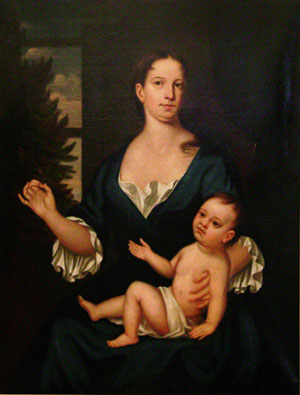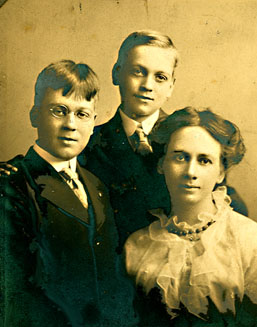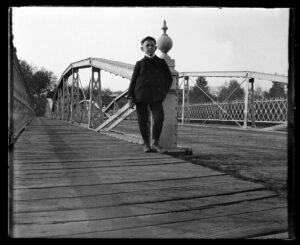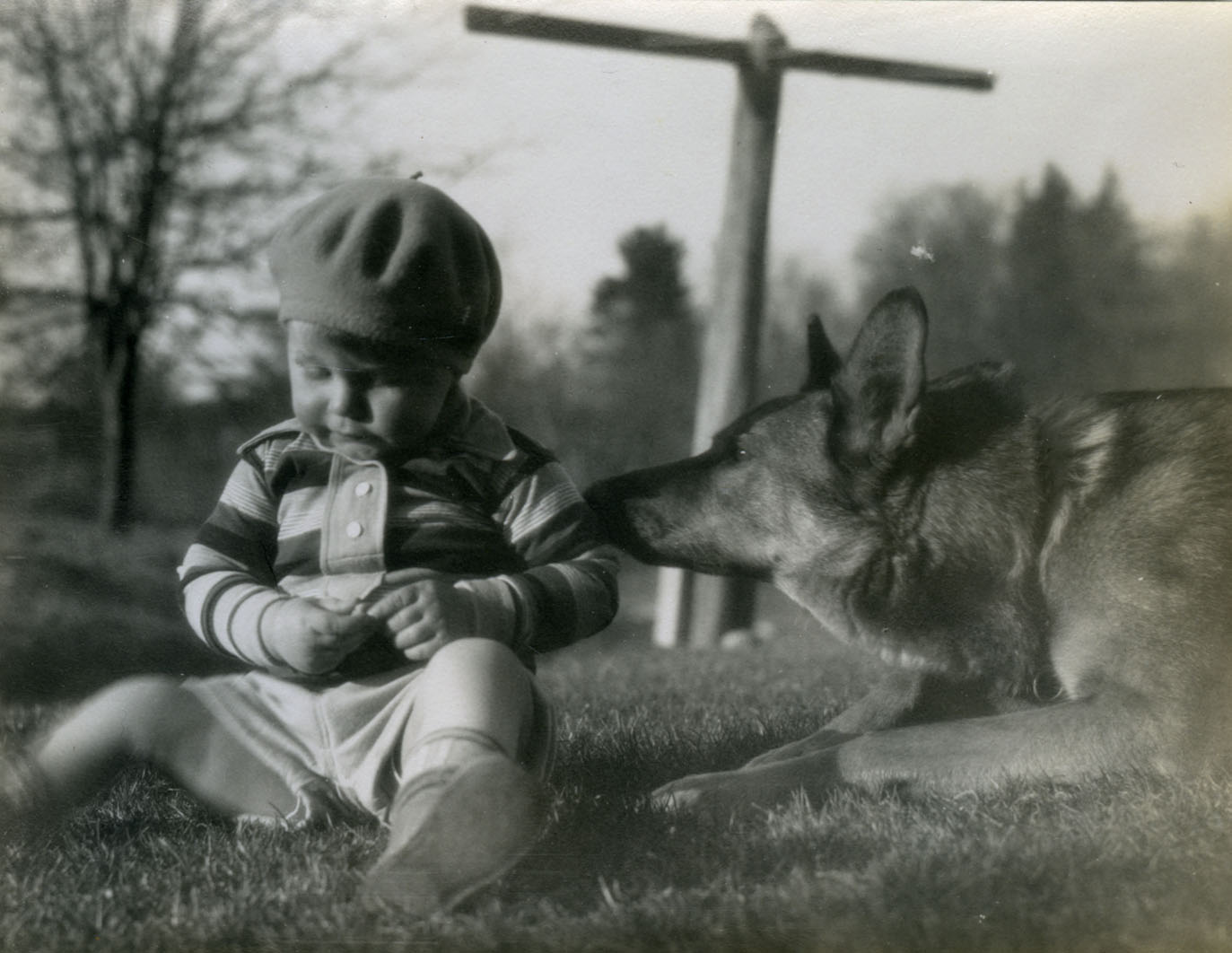Brinley Family Papers

Copy by Charles U. Bond (1830)
after John Smibert
A prosperous family of merchants and landowners, the Brinleys were well ensconced among the social and political elite of colonial New England. Connected by marriage to other elite families in Rhode Island and Massachusetts — the Auchmutys, Craddocks, and Tyngs among them — the Brinleys were refined, highly educated, public spirited, and most often business-minded. Although many members of the family remained loyal to the British cause during the Revolution, the family retained their high social standing in the years following.
The Brinley collection includes business letters, legal and business records, wills, a fragment of a diary, documents relating to slaves, newspaper clippings, and a small number of paintings and artifacts. A descendent, Nancy Brinley, contributed a quantity of genealogical research notes and photocopies of Brinley family documents from other repositories. Of particular note in the collection is a fine nineteenth century copy of a John Smibert portrait of Deborah Brinley (1719), an elegant silver tray passed through the generations, and is a 1713 list of the library of Francis Brinley, which offers a foreshadowing of the remarkable book collection put together in the later nineteenth century by his descendant George Brinley.




